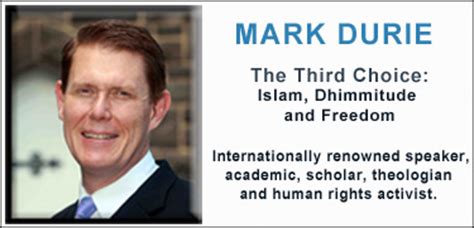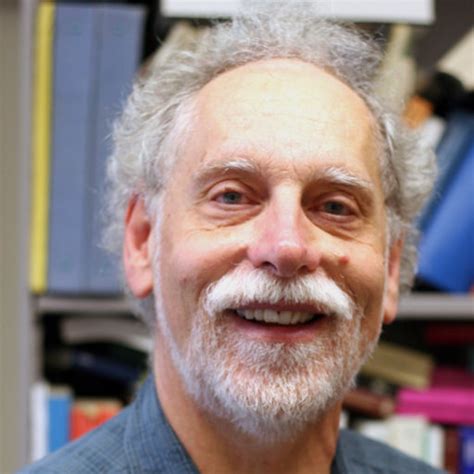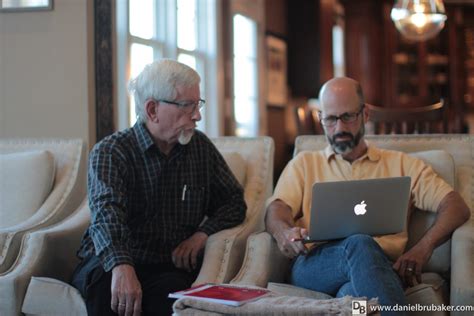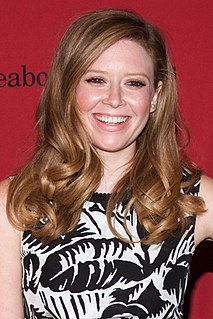A Quote by Mark Durie
We must recognise - both Muslims and non- Muslims, that the Koran is a text. We need human engagement with that text, so we have to understand that the rulings and the legal rulings are produced are channelled through the human mind, it's an interpretive act of a human being engaging and interacting with a text producing legal results. Because of that it's susceptible to flaws, it is not perfect. Nobody has perfect access to the divine will.
Related Quotes
With vocal and choral music, first and foremost, it's the text. Not only do I need to serve the text, but the text - when I'm doing it right - acts as the perfect 'blueprint', and all the architecture is there. The poet has done the heavy lifting, so my job is to find the soul of the poem and then somehow translate that into music.
The meaning of a work is not what the author had in mind at some point, nor is it simply a property of the text or the experience of a reader. Meaning is an inescapable notion because it is not something simple or simply determined. It is simultaneously an experience of a subject and a property of a text. It is both what we understand and what in the text we try to understand.
With Orff it is text, text, text - the music always subordinate. Not so with me. In 'Magnificat,' the text is important, but in some places I'm writing just music and not caring about text. Sometimes I'm using extremely complicated polyphony where the text is completely buried. So no, I am not another Orff, and I'm not primitive.
Instead of a perpetual and perfect measure of the divine will, the fragments of the Koran were produced at the discretion of Mahomet; each revelation is suited to the emergencies of his policy or passion; and all contradiction is removed by the saving maxim that any text of Scripture is abrogated or modified by any subsequent passage.
We now know that human transformation does not happen through didacticism or through excessive certitude, but through the playful entertainment of another scripting of reality that may subvert the old given text and its interpretation and lead to the embrace of an alternative text and its redescription of reality.
Many liberals believe in God; many conservatives do. What matters is not whether people believe in God but what text, if any, they believe to be divine. Those who believe that He has spoken through a given text will generally think differently from those who believe that no text is divine. Such people will usually get their values from other texts, or more likely from their conscience and heart.
Text is linear; it is black and white; it doesn't zoom around the page in 3-D; it isn't intelligent by itself; in fact, in terms of immediate reaction it is quite boring. I can't imagine a single preliterate was ever wowed at the first sight of text, and yet text has been the basis of arguably the most fundamental intellectual transformation of the human species. It and its subforms, such as algebra, have made science education for all a plausible goal.
The discourse on the Text should itself be nothing other than text, research, textual activity, since the Text is that social space which leaves no language safe, outside, nor any subject of the enunciation in position as judge, master, analyst, confessor, decoder. The theory of the Text can coincide only with a practice of writing.
Sartre is one example of someone who does just this. Every text is, after all, a human document and whatever Kierkegaard thought about God was clearly a matter of human thought that can, in principle, be retrieved and interpreted by other human beings. A phenomenological approach to religion must, it seems to me, adopt the old adage: nothing human is alien to me.

































